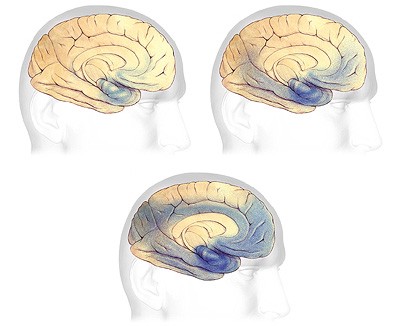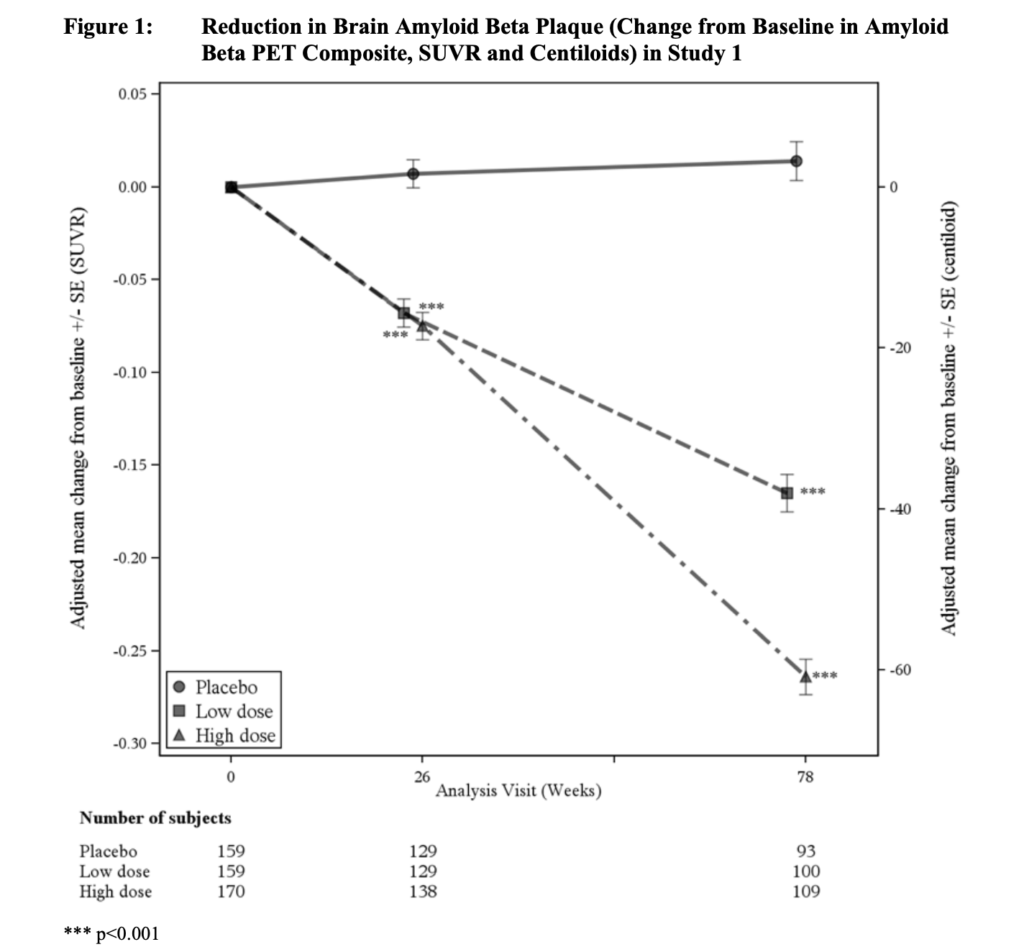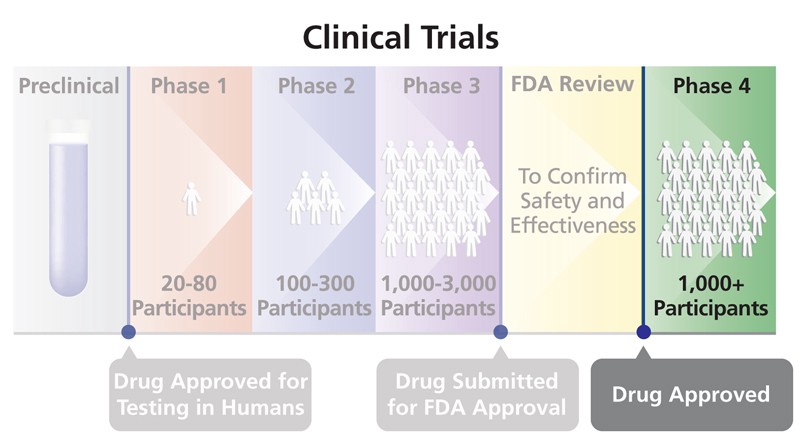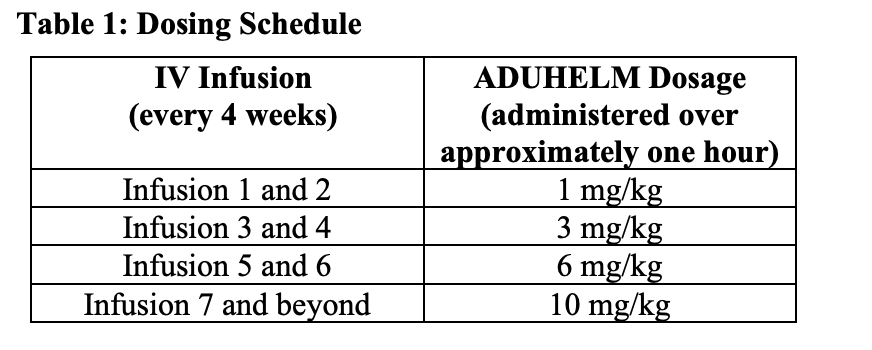FDA Approval of New Drug for Alzheimer’s Offers Hope
Aduhelm is the first new drug for Alzheimer’s since 2003.
People struggling to cope with a family member suffering from Alzheimer’s celebrated the US Food and Drug Administration’s approval of a new medication to treat the disease. On June 6, the FDA approved Aduhelm (aducanumab) for the early phases of Alzheimer’s disease through its Accelerated Approval pathway.
More than 6 million Americans currently live with Alzheimer’s disease. The FDA recognized the urgency in providing a treatment option now instead of waiting years for further clinical trial data. Alzheimer’s is the 6th leading cause of death in the United States, and cases will increase as our population ages.
Alzheimer’s is a progressive neurological disease affecting memory and causing dementia. Alzheimer’s is the most common cause of detention, accounting for 60–80% of cases. While most people who develop the disease are over age 65, early-onset Alzheimer’s affects approximately 200,000 younger Americans.
Alzheimer’s causes microscopic changes in the brain that destroy our ability to form memories. As the disease progresses, patients lose their ability to interact with others, speak, or care for themselves. The Alzheimer’s patient lifespan varies widely, but on average, people die within eight years of the diagnosis.

Plaques in the brain causing Alzheimer’s. Image CC Alzheimer’s Association
The Alzheimer’s Association explains the two main brain abnormalities that cause the disease: plaques and tangles.
- Plaques: Deposits of a protein fragment called beta-amyloid that build up in the spaces between nerve cells.
- Tangles: Twisted fibers of another protein called tau that build up inside cells.
The FDA approval of Aduhelm gives families hope as this drug is the first treatment specifically targeting the underlying cause of Alzheimer’s. In addition, Aduhelm helps prevent the development of the amyloid-beta plaques in the brain.
In the Aduhelm clinical trials, patients showed a reduction in the amyloid-beta plaques. Reducing plaque formation should slow the progress of Alzheimer’s dementia. Aduhelm is intended to help patients with mild cognitive impairment and slow the disease progression. The drug does not treat severe dementia.

eduction in Brain Amyloid Beta Plaque. Chart CC Biogen IFU for Aduhelm
The FDA acknowledged the controversy surrounding the Aduhelm clinical trials. Last year, Biogen pharmaceuticals applied for approval. The FDA did not approve the new drug because one study did not meet the primary endpoint of a reduced cognitive decline. However, a further review of the Biogen data revealed that the high-dose, time-dependent protocol successfully reduced plaque formation.
The FDA approved Aduhelm using the Accelerated Approval pathway to meet an unmet need and to provide early access to a treatment option for those with early-stage Alzheimer’s. The Accelerated Approval pathway allows the FDA to approve a medication for a serious disease when the data shows promise, even if there is some uncertainty regarding the clinical benefit.
The FDA concluded, “the benefits of Aduhelm for patients with Alzheimer’s disease outweighed the risks of the therapy.”

Clinical trial phases. Chart CC Clinicalinfo.HIV.gov
The FDA requires pharmaceutical companies to conduct Phase 4 confirmatory post-approval studies when a drug is approved under the Accelerated Approval pathway. Phase 4 studies must show the medication has clinical benefit to patients, or the FDA can remove the drug from the market.

eduction in Brain Amyloid Beta Plaque. Chart CC Biogen IFU for Aduhelm
Many people are concerned about the cost of this new medication. Patients receive Aduhelm through an IV infusion once a month. Each treatment costs $4,312, making the annual treatment price $56,000 per year.
The Biogen instructions for use package insert for Aduhelm list the side effects seen in the clinical trials. As with any medication, allergic reactions or hypersensitivity reactions can occur.
Some patients experienced headaches, confusion, dizziness, vision changes, or nausea. A temporary swelling causes these symptoms in the brain called Amyloid Related Imaging Abnormalities or ARIA. In addition, small areas of bleeding around the surface of the brain can occur. Fortunately, the clinical trials showed these side effects resolve on their own.
Article originally published on Medika Life.
Blog Author: Dr. Jeff Livingston
Main Blog Photo By: Ocskaymark Istock/Getty Images












